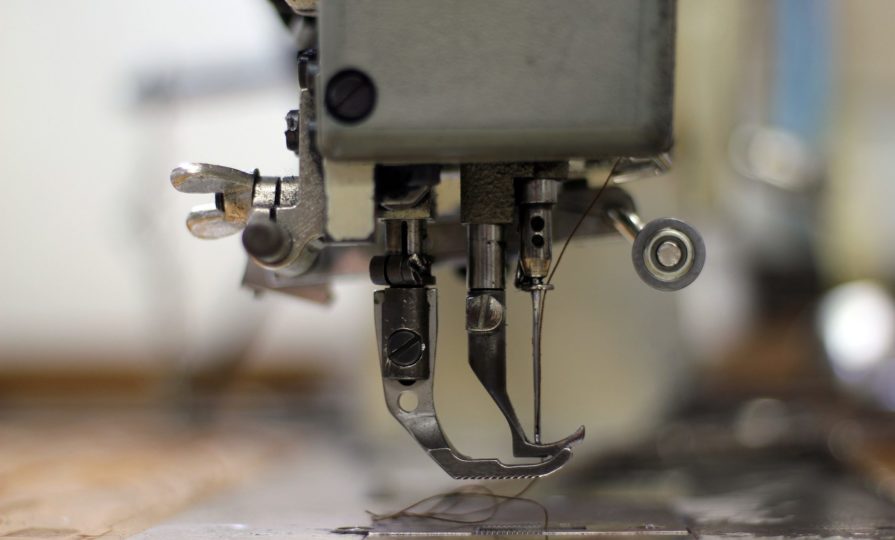The Impact of COVID-19 on Garment Workers – What to Know

Register to get 1 free article
Reveal the article below by registering for our email newsletter.
Want unlimited access? View Plans
Already have an account? Sign in
The COVID-19 pandemic has resulted in a dramatic shift to our daily and professional lives, leaving no one unaffected. Many businesses have taken a stepback and many jobs were lost, with the clothing industry taking much of the hit. Garment factories have been forced to shut their doors and temporarily suspend their operations, leaving workers without resources to support their families.
According to IndustriALL, the global trade union, which collaborates with workers across the world and gives them a voice, confirms that millions of garment makers have already lost their jobs due to the pandemic and have no access to social or financial safety nets to help them weather this crisis. “Poverty is a killer too, and many more people die from poverty than from COVID-19,” says Bangladeshi garment manufacturer Mostafiz Uddin.
The standard operation for brands is to pay their suppliers weeks or even months after delivery of the goods, instead of upon order. This means that suppliers typically pay upfront for the materials used to make the products brands purchase from them.
As a result of the novel coronavirus outbreak, many brands and retailers have cancelled their orders and stopped making payments altogether, even for orders that have been already placed and products that have already been made.
Many did not take responsibility for the impact their actions have on people working in their supply chains. Factories are then left with little choice but to destroy or keep hold of unwanted goods already made and dismiss their workers in droves.
Bloomberg notes that over a thousand factories in Bangladesh have had their orders cancelled, resulting in about $1.5 billion in losses. The AWAJ Foundation revealed that this caused any factories to shut down indefinitely. Because of the abrupt cancellations, some workers were given less than a month’s salary as severance, while many others have been given nothing to tide them over the crisis.
“These workers now don’t know how they will take care of their families in the coming days – how they will manage costs for food, rent, and other necessities. They can’t even imagine what they’ll do if they or a family member needs medical treatment for COVID-19.
The income these workers earned was barely enough to cover their living costs, and as a result, they have little to no savings set aside to deal with a crisis such as this,” Nazma Akter the executive director of AWAJ explains.
In Myanmar, Labour Behind the Label estimates that 10% of factories in Yangon are now closed. In the western hemisphere, the Garment Worker Center reveals that many garment makers in Los Angeles are not eligible for unemployment benefits, mostly because the underground nature of the industry makes applying for paid family leave or disability insurance tough.
Furthermore, IndustriALL notes that many fashion brands are offering compensation packages for retail and office workers who have had to deal with layoffs. As for the workers in their supply chains, nothing has been given to them to mitigate their loss of income. This leaves the workers powerless, as their ability to unionize and collectively bargain for their rights is barred.
If people outside of the industry do nothing about this pressing issue, everything will return to business as usual once the situation abates. Everyone should then try to fight for a new system that values the wellbeing of workers over profit. Now is the time to band together to protect and support the people who make our clothes.
Want more updated news in the UK retail industry? Check us out online at Retail Sector today!







